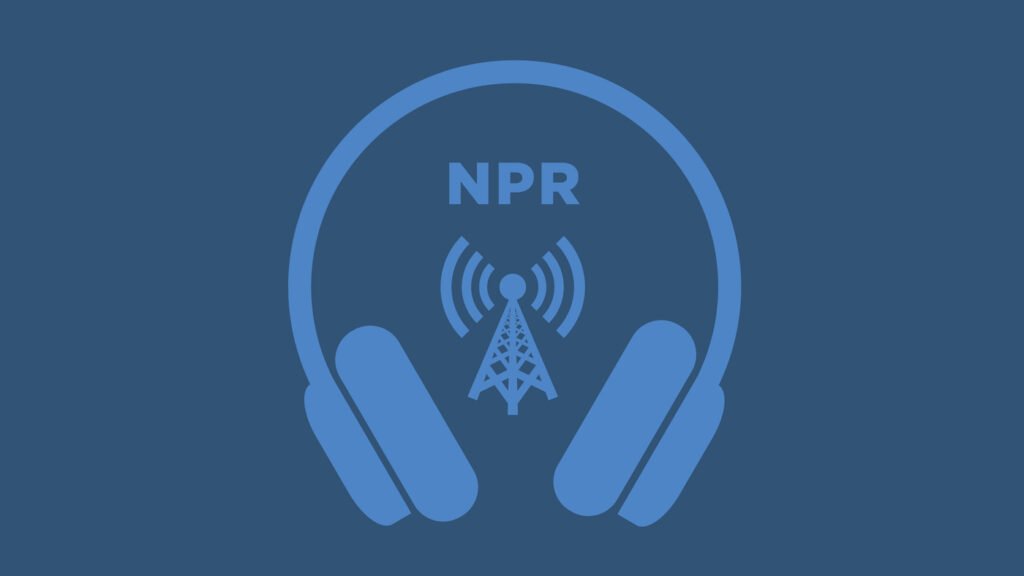Now Reading: Legislative push to expand medicaid access for social workers
- 01
Legislative push to expand medicaid access for social workers

Legislative push to expand medicaid access for social workers
It’s no secret – in New Jersey and nationwide – that anxiety, depression and other mental health concerns are on the rise, driving a growing need for services. And as more people are discovering, there are not enough behavioral health caregivers to go around.
To help expand the pool of mental health care providers in New Jersey, the Legislature is considering a measure to enable all licensed clinical social workers to bill Medicaid for their services. These professionals are considered a critical component of the mental health workforce, but currently, the vast majority of Medicaid members can only be treated by a licensed clinical social worker who is part of a hospital system, physician’s group or community-based behavioral health organization. Those who work independently cannot get paid by the federal and state-funded public health insurance program.
Advocates for the proposal, which advanced in a legislative committee Thursday, say the current system limits the access low-income residents — many people of color – have to these critical services. “This policy can and must change. There are simply not enough mental health clinicians to meet the current burgeoning need,” said Kate Shamszad, policy director for the New Jersey Health Care Quality Institute, which has been advocating for the reform, in an op-ed published on NJ Spotlight News. “We need to expand, not limit, the number of clinicians who can treat people insured by Medicaid.”
The bill (S2716) received unanimous support by the Senate Health and Human Services Committee. Thursday’s meeting marked the first hearing for the proposal, which committee chairman Sen. Joe Vitale (D-Middlesex) introduced in May 2022; an Assembly version has yet to receive a vote.
“Granting these highly trained professionals and counselors the ability to bill Medicaid directly will greatly improve our mental health treatment capacity and provide long-needed flexibility,” Vitale said after the vote. “This bill could provide a real breakthrough in access to treatment, making sure all patients receive the care they need when they need it.”
Growing need, limited care
For years, New Jersey patients have struggled with limited access to care, a problem that appears to be exacerbated by the rising demand for services. The state has taken multiple steps to expand treatment capacity for adults and children in the community and in schools. The state is bolstering support for the 988 crisis hotline, a nationwide program launched in July 2022, and examining other changes to grow the pool of behavioral health providers.
…nearly one-third of the social worker positions in New Jersey were vacant, leaving more than 500 jobs unfilled.
But a member survey conducted last spring by the New Jersey Association of Mental Health and Addiction Agencies found that nearly one-third of the social worker positions in New Jersey were vacant, leaving more than 500 jobs unfilled. A 2022 study by the Mental Health Association of New Jersey found at least a quarter of behavioral health providers were no longer accepting new patients. The wait times for intake and counseling sessions stretched up to three months; securing a clinical appointment could take more than five months, it found.
While the problem is not new, the increase in need is making it worse. Anxiety and depression levels have decreased slightly since the height of the COVID-19 pandemic, but some 3 in 10 adults in New Jersey were still struggling with these feelings last February, according to data from the nonprofit research organization Kaiser Family Foundation. While this is a few points lower than the national average, nearly half of state residents between 18-24 reported disturbing mental health symptoms. And at least 1 in 5 of these individuals did not receive treatment, other studies from KFF show.
The foundation also studied adolescent mental health, which similarly deteriorated during the pandemic. In 2019, 47% of female high school students nationwide reported feeling hopeless and sad; by 2021 this had increased to 57%; for boys, it went from 27% to 29% during that time.
Managed care
The pandemic also drove up Medicaid membership in New Jersey by more than one-third and the program, called NJ Family Care, now covers some 2.2 million residents. While 97% of these members have their medical care managed by a private insurance company, only 1 in 10 has managed care for mental health services, officials said.
Medicaid managed care plans will pay clinical social workers who are independent, in addition to those who are part of a provider group, hospital or other facility, officials said. But most Medicaid members – some 2 million – remain in fee-for-service behavioral health plans, which do not reimburse independent providers. That limits health care options for these members, proponents of the bill say.
‘It’s all about access to care, especially for the most vulnerable populations,’ — Mary Abrams, New Jersey Association of Mental Health and Addiction Agencies
But not everyone embraced the legislation approved Thursday as an easy fix. The insurance companies that provide managed care Medicaid benefits have not taken a position on the bill. And advocates who represent community-based behavioral health organizations are supportive of the goal but said they want to be sure the change wouldn’t lure licensed clinical social workers away from these established groups, which now provide much of the care to this community.
“It’s all about access to care, especially for the most vulnerable populations,” said Mary Abrams, senior health policy analyst with the New Jersey Association of Mental Health and Addiction Agencies. “But we have mixed feelings on the bill.”
Despite the urgent need, the legislation — which would apply to all clinical social workers with active licenses who register with the state — remains far from the finish line. While the text notes it should take place immediately, it must still pass additional votes in both the Senate and Assembly before it could be signed into law by the governor. Action must be taken before the legislative session ends early next month; if not lawmakers must start the process over.















